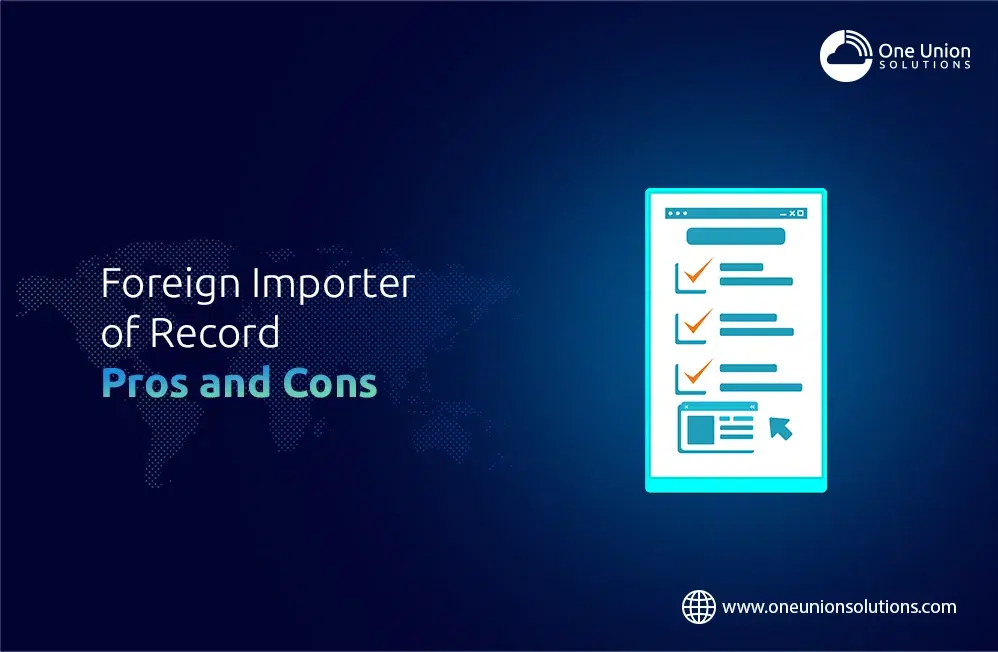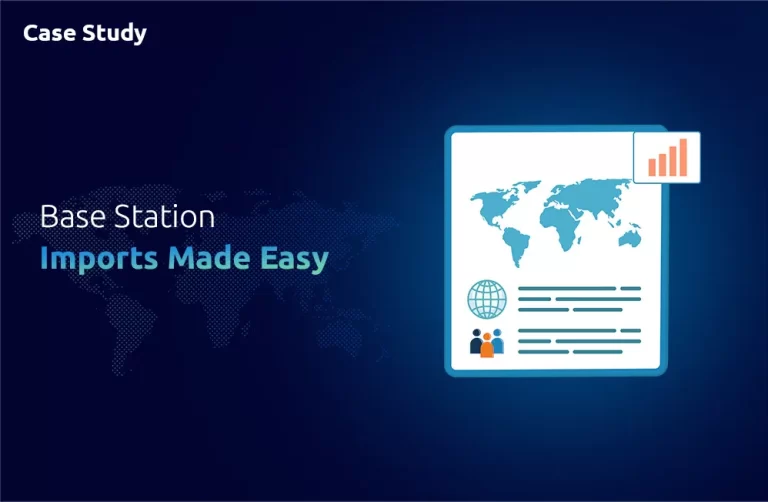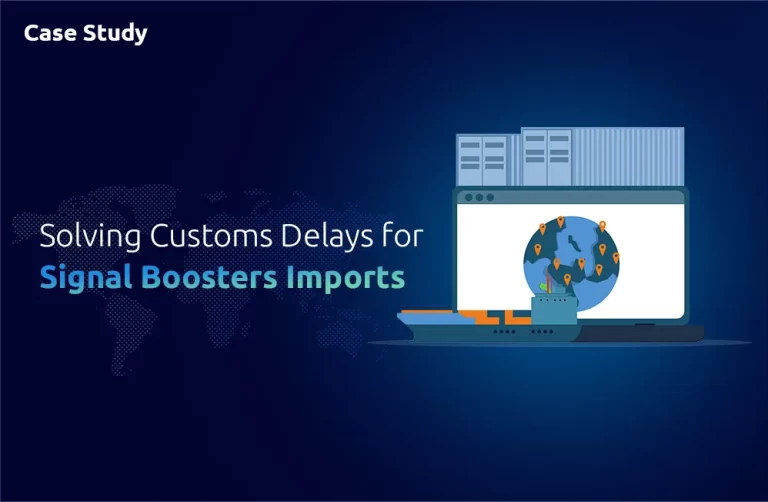Unveiling the Landscape: Foreign Importer of Record
To access new markets and diversify their supply chains, companies participate in a growing quantity of trade across borders in the globalized economy of today. One of the more important aspects of global commerce is the importation of products into other countries, which happens to be a process governed by complex laws. The Foreign Importer of Record (IOR), a legal organization in the position of ensuring compliance with import regulations, managing duties and taxes, and supporting the importing country’s customs clearance, is an essential component in this process.
The Significance and Function of a Foreign Record Importer
A Foreign IOR is significant since it contains a variety of charges that are essential to the achievement of global trade businesses, as well as to make the import process simpler. International Economic Relations, or IORs, are reliable collaborators that offer information on import regulations, tariffs, and customs processes in other countries. By establishing legal responsibility for imports, they minimize compliance risks and ensure the smooth entry of products into global markets. Furthermore, foreign IORs play an important strategic role in market expansion activities by providing enterprises with access to their existing networks and facilitating their entry into new markets. Businesses’ roles as compliance experts and strategic partners enable them to expand globally and effectively handle regulatory complexity.
The Pros and Cons of Using an International Importer of Record
Comparing the Benefits and Drawbacks of Becoming a Foreign Importer of Record
The benefits and drawbacks of using a Foreign IOR in international commerce activities are thoroughly examined in this section. Businesses may make well-informed decisions that are suited to their unique requirements and goals by carefully weighing these pros and cons.
Pros of Selecting an International Importer of Record
Foreign IORs provide smooth compliance with local rules and regulations across many markets thanks to their particular expertise and experience in handling complicated import requirements.
Businesses can lessen the risk of regulatory non-compliance and the resulting fines by assigning their import compliance duties to a Foreign IOR. By reducing delays and related costs, expedited customs clearance procedures made possible by a Foreign IOR’s experience help to reduce costs. By utilizing a Foreign IOR’s infrastructure and local experience, companies may more quickly enter new markets and take advantage of growth prospects. Foreign IORs assist in mitigating compliance risks related to cross-border transactions by taking legal responsibility for imports, therefore decreasing the possibility of regulatory infractions and fines.
Cons of Using a Global Importer of Record
It is necessary to give up some control over import procedures when relying on a foreign IOR since these procedures could not be in line with the operational requirements or preferences of the company. The company’s operations and reputation may be impacted by mistakes or poor management resulting from insufficient control of the Foreign IOR’s activities. The flexibility and adaptability of import operations may be limited by foreign IORs’ conventional solutions, which may not completely address the specific requirements or preferences of the importing organization. Contractual obligations, disagreements, and possible non-compliance problems that might affect the importing company’s operations and reputation are just a few of the legal and financial dangers that come with working with a foreign IOR.
Analyzing the Benefits and Risks
Comprehensive Analysis: Assessing the pros and cons of a Foreign Record Importer
The pros and cons of using a Foreign Importer of Record are deeply addressed in this section. To offer a comprehensive grasp of these ramifications, we go into particular case studies, industry examples, and professional viewpoints.
Breaking Down the Advantages of Working with a Foreign Importer of Record
This section delves more deeply into the particular advantages and favorable features of working with a foreign IOR. This might involve proficiency with import laws, economic management, prospects for market development, and operational efficiency. Businesses may more effectively utilize the services of a Foreign IOR when they are aware of these advantages.
Navigating the Risks Associated with a Foreign Importer of Record
In this part, we look at all of the risks and challenges associated with employing a Foreign IOR. A lack of customizing options, communication barriers, legal and compliance hazards, and possible reputational problems are a few examples. Through awareness and mitigation of these risks, businesses may successfully navigate the difficulties associated with working with a Foreign IOR.
Choosing the Right Importer of Record for Your Business
Strategic Determination: Selecting the Appropriate Record Importer for Your Enterprise
This gives information on the strategic factors to be taken into account while choosing the best Foreign IOR for your company. Evaluating knowledge, dependability, compliance skills, and connection with corporate goals are all part of this process.
Important Things to Take Into Account When Choosing a Foreign Importer of Record
The main elements and selection criteria that companies have to take into account while selecting a Foreign IOR are covered in this article. Geographic coverage, industry knowledge, performance history, and service scalability are a few examples.
Customized Selection: Assigning the Appropriate IOR to Your Business Requirements
This section highlights how crucial it is to tailor the Foreign IOR selection process to meet particular company demands and specifications. Establishing precise expectations, negotiating service agreements, and investigating customized solutions may all be necessary to achieve this.
Conclusion
Handling International Trade: The Judgment on Foreign Importer of Record
The benefits and drawbacks of using a Foreign IOR in international commerce activities are outlined in this last section. Businesses may efficiently manage the intricacies of international commerce while optimizing advantages and minimizing risks by considering these considerations.
Concluding Remarks: Issues and Prospects when Using a Foreign Importer of Record
Here we provide our concluding thoughts on the potential and factors to be taken into account while using a Foreign IOR. Emphasizing the value of proactive risk management, well-informed decision-making, and strategic alignment with corporate goals are some examples of this.
FAQs
What is a foreign Importer of record?
A Foreign IOR is a legal entity responsible for ensuring compliance with import regulations, handling tariffs and taxes and assisting with customs clearance in a foreign country where goods are being imported. They assume legal responsible for the Importation process and act as a representative for businrsses engaging in cross border trade.
What are the benefits of using a Foregin Importer of Record?
The benefits includes are as follows;
Experties in navigating complex import regulations and customs processes.
Reduced risk of regulatory non-compliance and associated fines.
Expedited customs clearance procedures leadings to cost savings.
Mitigation of compliance risk through legal responsibility for imports.
What factors should businesses consider when choosing a Foreign IOR?
The key considerations are;
Reputation, reliability and track record of the foreign IOR.
Industry experties and experience relevant to the businesses products and markets.
Geographic coverage and service capabilities in target market.
Alignment with the businesses goals, compliance requirement and operational needs
What are the overall consideration for businesses in utulizing a foreign IOR?
Businesses should weigh the benefits and risk of using a foreign IOR Service and consider factor such as market expension opportunities, compliance requirement and strategic alignment with their business goals. It’s essential to proactively manage riks, make informed decisions, and ensure compatibility with the company’s long term objectives.










